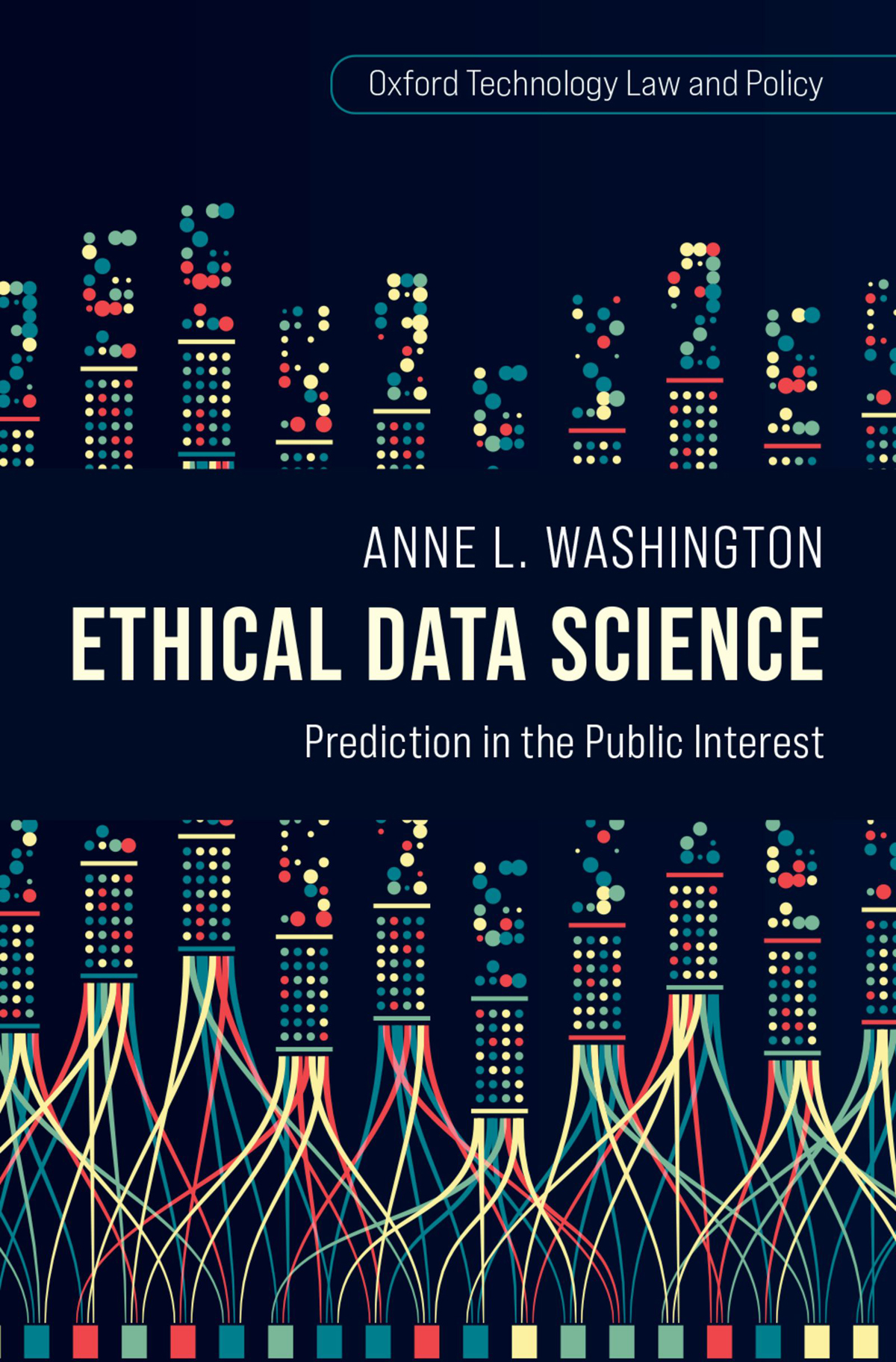

Most ebook files are in PDF format, so you can easily read them using various software such as Foxit Reader or directly on the Google Chrome browser.
Some ebook files are released by publishers in other formats such as .awz, .mobi, .epub, .fb2, etc. You may need to install specific software to read these formats on mobile/PC, such as Calibre.
Please read the tutorial at this link: https://ebookbell.com/faq
We offer FREE conversion to the popular formats you request; however, this may take some time. Therefore, right after payment, please email us, and we will try to provide the service as quickly as possible.
For some exceptional file formats or broken links (if any), please refrain from opening any disputes. Instead, email us first, and we will try to assist within a maximum of 6 hours.
EbookBell Team

4.8
14 reviewsEthical Data Science empowers those striving to create predictive data technologies that benefit more people. As one of the first books on public interest technology, it provides a starting point for anyone who wants human values to counterbalance the institutional incentives that drive computational prediction. It argues that data science prediction embeds administrative preferences that often ignore the disenfranchised. The book introduces the prediction supply chain to highlight moral questions alongside the interlocking legal and commercial interests influencing data science. Structured around a typical data science workflow, the book systematically outlines the potential for more nuanced approaches to transforming data into meaningful patterns. Drawing on arts and humanities methods, it encourages readers to think critically about the full human potential of data science step-by-step. Situating data science within multiple layers of effort exposes dependencies while also pinpointing opportunities for research ethics and policy interventions.
This approachable process lays the foundation for broader conversations with a wide range of audiences. Practitioners, academics, students, policy makers, and legislators can all learn how to identify social dynamics in data trends, reflect on ethical questions, and deliberate over solutions. The book proves the limits of predictive technology controlled by the few and calls for more inclusive data science.